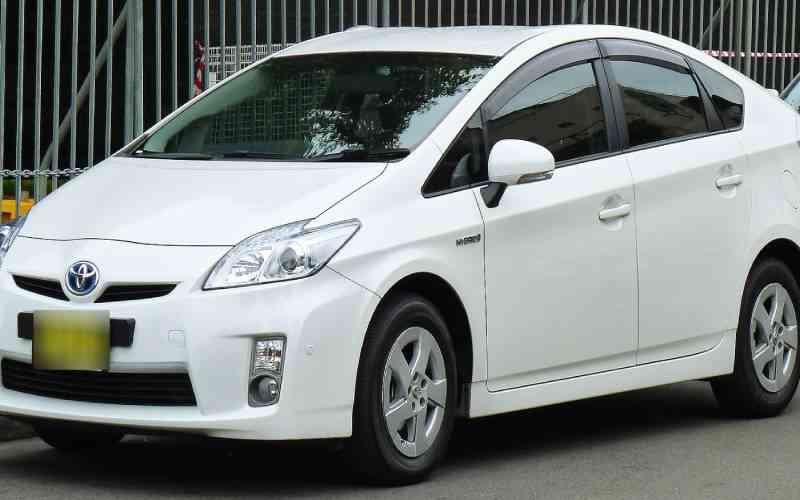×
The Standard e-Paper
Fearless, Trusted News

Hybrid vehicles in Kenya are attractive yet remain a mystery to many.
Behind the scenes, the quest to lower pollution and continued push by foreign nations to reduce gas emissions has made the hybrid vehicles a necessary technology.